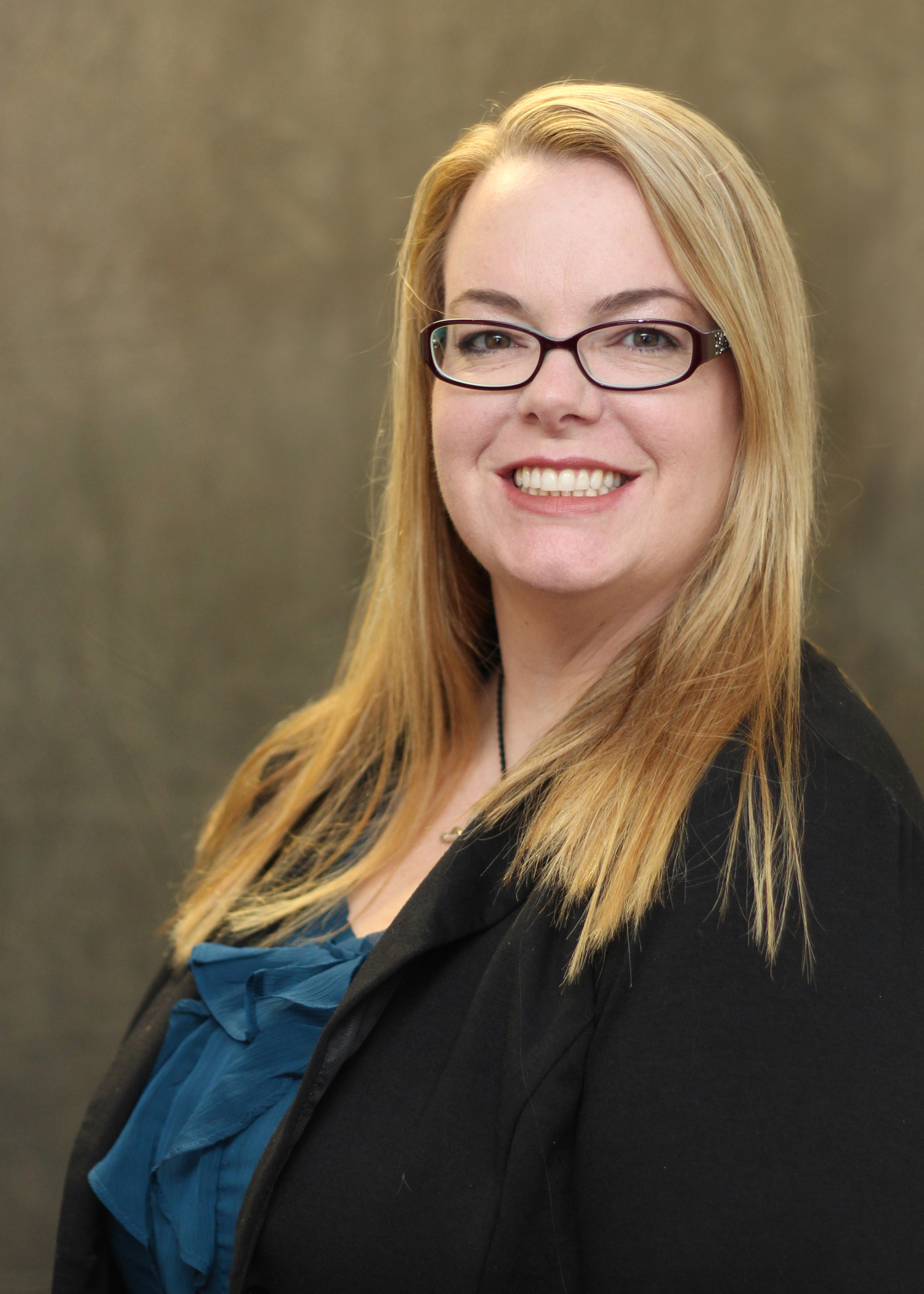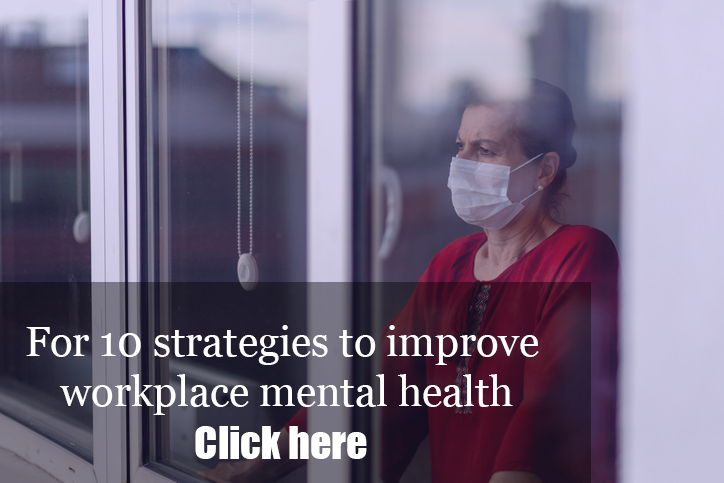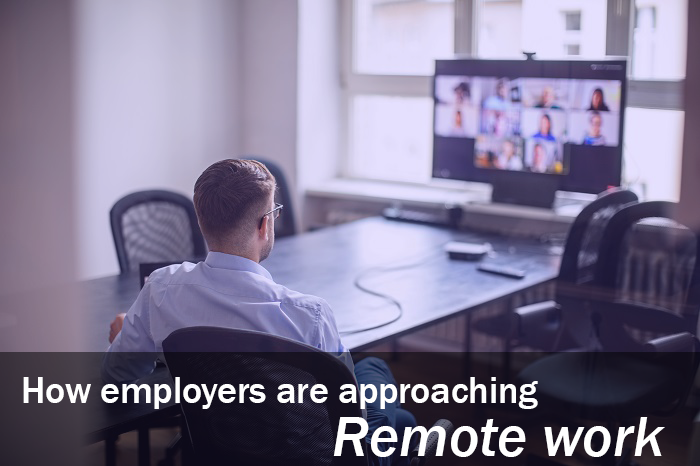When Erika Lance learned she had been named a finalist in the OnCon Icon Awards, she was flattered, but not particularly confident. After all, the organization honors HR professionals on Top 100, Top 50, Top 10 lists and only picks one HR leader from across the nation for its highest honor–based on the leader’s impact on their organization, contributions to the professional community, capacity for innovation and exceptional leadership.
“A lot of people on that list [of finalists] were from fairly large corporations so, when I got the nomination, I was like, ‘That’s cool,’ ” jokes Lance, the senior vice president of people operations at KnowBe4, a provider of security awareness training that employs about 1,200 people. “I made the joke that it was like when you go to the Oscars and are up against Tom Hanks; it’s cool to get the nomination but you don’t prepare an awards speech.”
But, it turns out she needed to, as Lance was selected by a community of her peers and voters from the public as the top honoree this year.
“I think the biggest thing for me was that it was voted on,” she says. “That told me that the things we’ve done over the last year have actually made a different and really impacted people.”
With her team of 53 HR employees, Lance managed the shift to remote work for the global employee population–across six continents and 11 countries–with an attention to KnowBe4’s employee-first culture, she says. New remote team-building events, a focus on engagement and an investment in employee mental health have all helped maintain company culture while fueling business continuity–especially as demand for the company’s services grows given the new security concerns of remote work.
Lance recently shared with HRE a few aspects of the company’s COVID response plan and outlook for 2021.
HRE: What was your first priority when COVID hit in the spring?

Lance: When we started hearing rumors of it, we actually took action at the beginning of March and sent everybody home. We managed to pull it off in 48 hours. It’s always better when you’re causing the action versus reacting to the action; a lot of the decisions we made were based on the thinking that we want our people to be the safest we can be. The CDC and OSHA and even the Department of Labor were constantly changing their guidelines and things were–and still are–going a mile a minute. So, we just wanted to focus on, “OK, the best way to stabilize the workforce right now is to get everyone to work from home.” And there were a lot of lessons we learned early on: about having back-to-back Zoom meetings and keeping track of employees and keeping employees motivated. We took the view that we had to make sure our employees were happy, healthy, productive and had the avenues they needed to get any assistance that could help keep them engaged. And that’s still our priority versus when we can get back to the office. A few people have asked to come back to the office but 95% of the workforce is still fully remote.
HRE: How did you seek to keep engagement up among the workforce despite the challenges?
Lance: On our people ops team, we have jobs that are literally called the Developer of Fun and Shenanigans and the Artisan of Culture and Geekery; I even put the titles on their business cards for them. We used to have yoga, exercise classes, dance and we moved all of that virtual; it’s also all available on YouTube so people can rewatch it if they want. We’ve done competitions around baking and gift wrapping. Every week we ask people to talk about their co-workers–their pets or children or other people in their lives–and funny things they’ve done. Halloween is a big deal for us. We did a virtual drive-through event where people could pick up treats and everything had a Wonderland theme, and we also did virtual costume contests where people got dressed up at home.
We put a lot online but we also sent gift baskets and survival kits to employees’ homes; when we had the toilet paper shortage at the beginning we were able to get some and we sent that, hand sanitizer and gloves to all employees. We’ve done fun, little yummy gifts and snack baskets, depending on the country; spaghetti sauce was huge in Germany, I’m not really sure why! We’re starting a lip sync battle online, so I think that’ll be a big deal.
It’s just been things like this so everyone still feels like they’re part of the team all the time. I have a morning meeting with the CEO, myself and a couple of other executives and everybody just tries to keep one another really informed of things and sharing as much as we can.
Click HERE to register for Spring HR Tech.
 HRE: And how have you centered mental health?
HRE: And how have you centered mental health?
Lance: We have a full-time life coach we pay for all of our employees to use. We also have an employee assistance program that provides a lot of sessions, as well as a lot of telehealth options. I have a team of employee relations specialists who do what we call “check-ins” and we also ask all of our managers to do check-ins with their employees. If anything is detected, we try to take action to engage with the employee, see what we can do for them and how we can help them get the resources they need. We just don’t want anyone to feel like they’re forgotten out there; sometimes people just need a “Hey, how’s it going?” type of check-in. We’ve done virtual coffee meet-ups, lunches, team-building exercises; we just did a virtual escape room. We’re focused on making sure our teams are still getting together and being there for one another and that, if somebody needs help, we can get them the correct resources.
HRE: Has the shift to remote work increased demand for the company’s services and, if so, how has that impacted employees?
Lance: It’s been great, which I hate to say during this time period, but this work is truly why we do what we do, and we’re glad to do it. That’s part of the mission statement of the company: helping to create a human firewall. In this time, the bad guys–for lack of a better word–have increased their efforts. So, being able to be there as a source and constantly grow education around current events is what we’re focused on. It’s been good to be able to help in so many areas in the last year, from business to education to government to really prevent bad things from happening.
HRE: Where are your HR priorities as we head further into 2021?
Lance: My focus now is to on how to make how we operate now the new normal; I think we have to stop treating it like it’s an exception because this is going to be the normal that’s going to exist at least for some time and for a lot of people. So, we have to be making sure anything we need to shore up is shored up. Now, we have to look at how to keep this way of operating sustained and improved and continue to keep our employees feeling like they’re working for an amazing place that really cares about them.
See also: What does it take to build sustainable organizations?
HRE: I saw that the company is more than 50% women, definitely unique for the industry. What do you think has helped the organization to achieve that success?
Lance: One of the neat things about working here is that we do between a 25%-40% internal promotion rate every year. It allows a lot of employees who may not have had experience in a particular area to get the education, including in management, to be able to move up. This is slightly tooting our own horn, but I think it’s also just a really great place to work that’s very supportive. People want to be paid well but they also want a fun place to work where they feel appreciated, and I think we do a great job of creating that for our employees. The truest test of any situation is whether you would refer people around you and we do have a huge referral rate. [Achieving a majority-female workforce] wasn’t an endeavor we set out for; it came from a very natural place, which is awesome.
HRE: Outside of work, what are you passionate about?
Lance: I am a published author, and I have a publication company I started up last year. I love helping other artists be creative and get their voices heard. As an author, I went through quite a bit, but also realized, “Hey, I can help other people do this.”
HRE: How did you get into HR?
Lance: I didn’t grow up wanting to do this. I believe people should decide what they want to be when they grow up over and over again. When I was very young, I did a lot of acting and then had children–who you can’t bring onto a set, believe it or not. So, I ended up in the HR world by accident. Way back–a millennia ago–I had hired one person when I was doing an admin job and then another company I interviewed with said, “Oh, you do hiring?” And that was a gross overstatement of that particular ability but I was like, “Sure!” And thus, my HR career began.
It was a lot of trial by fire but I’m a firm believer that, whatever you go into, you need to get a complete education on how you do it. Find people who are brilliant and then learn and mentor underneath them. That’s the genesis of Erika’s HR career and, 25 years later, I feel I’ve been there, done that and have a T-shirt or two now.



